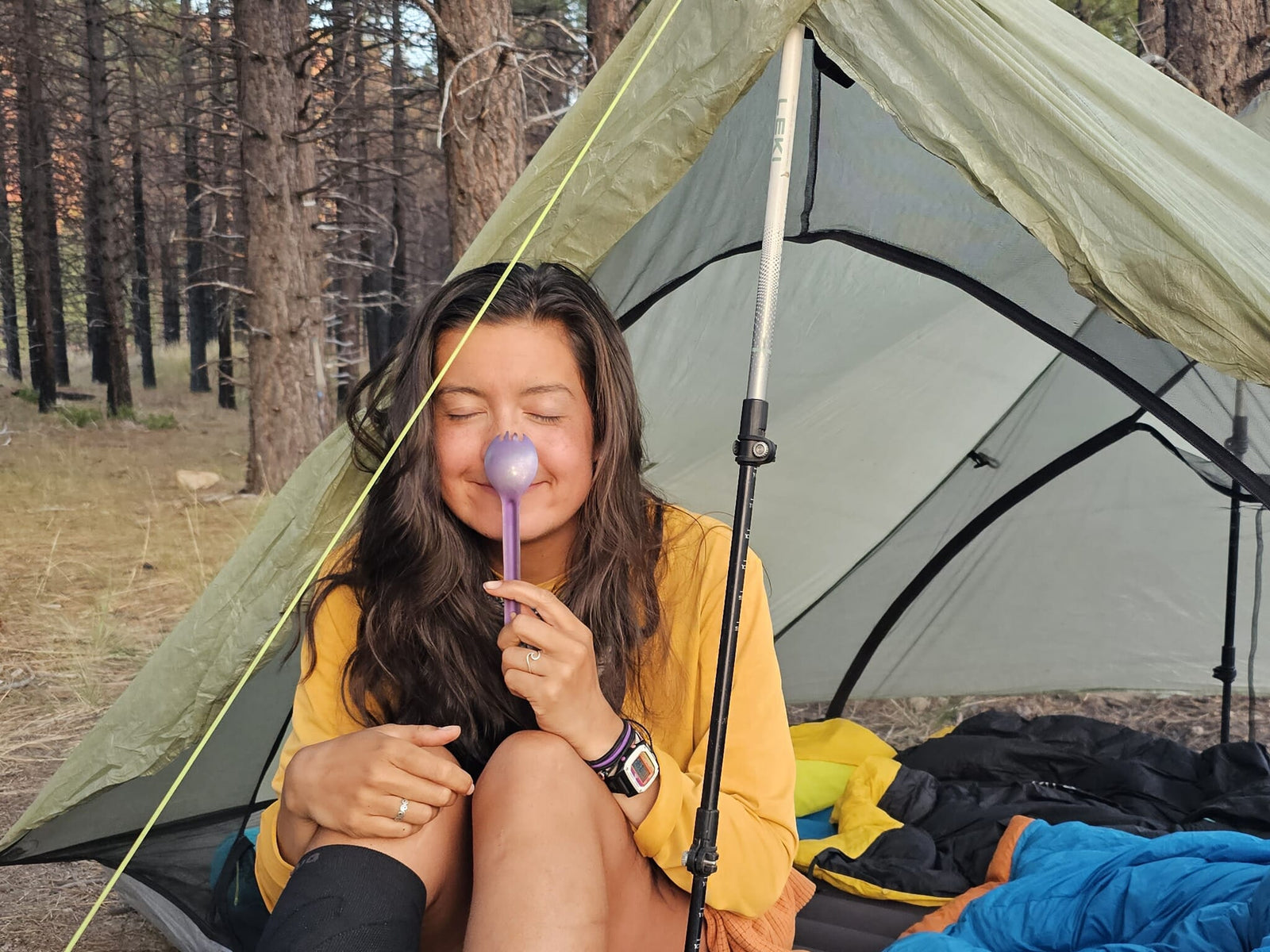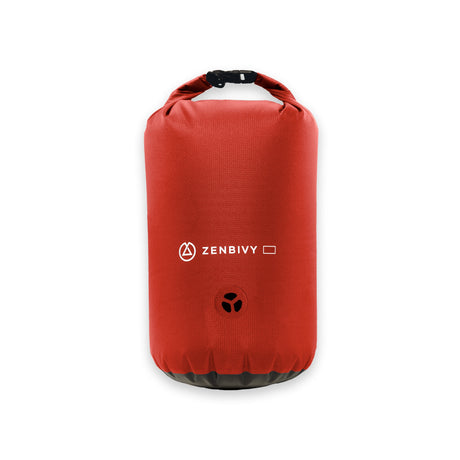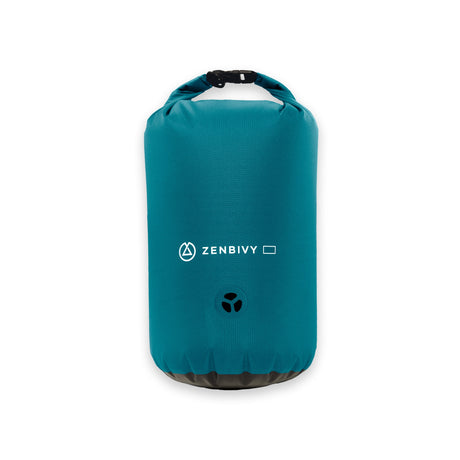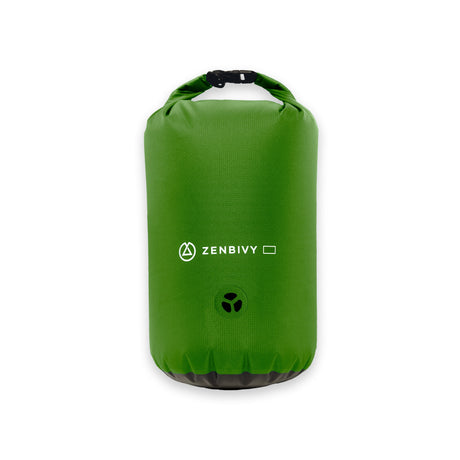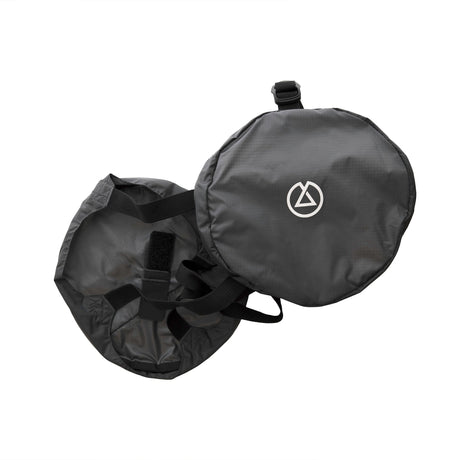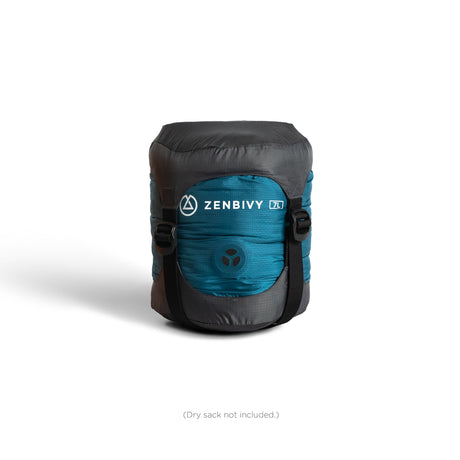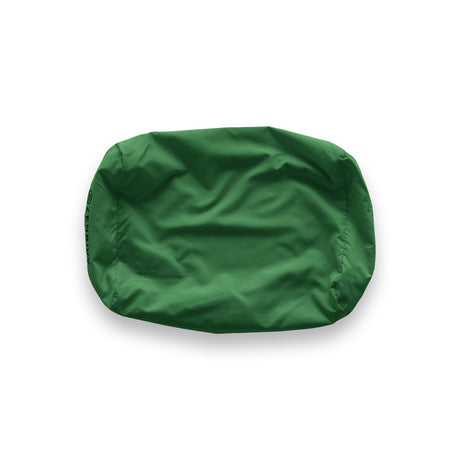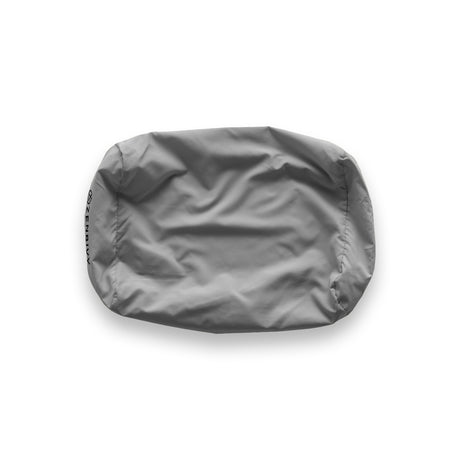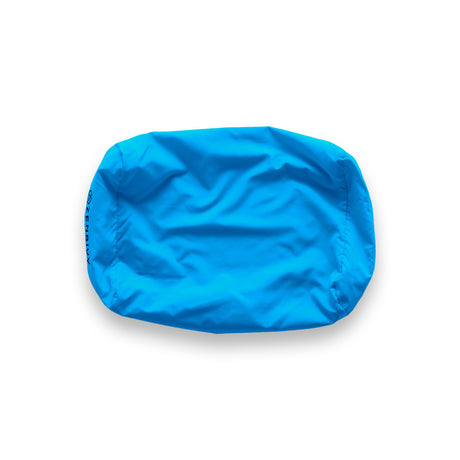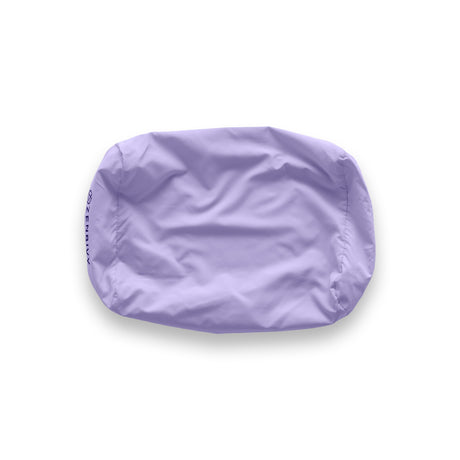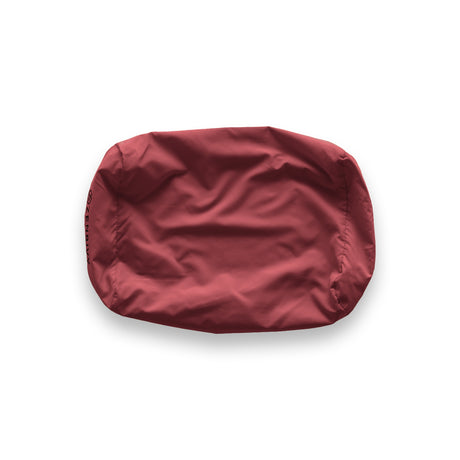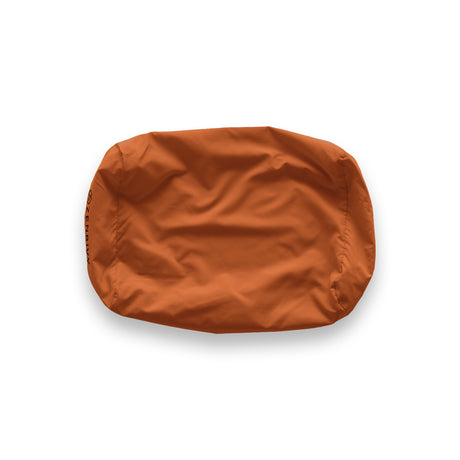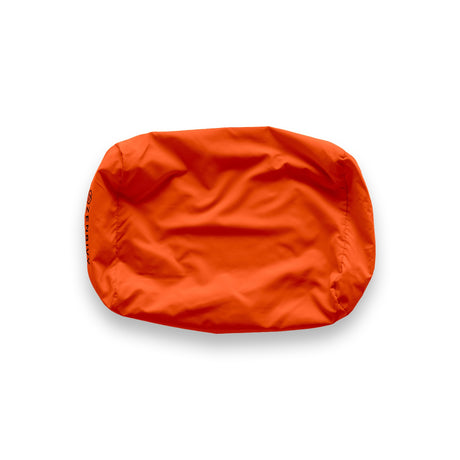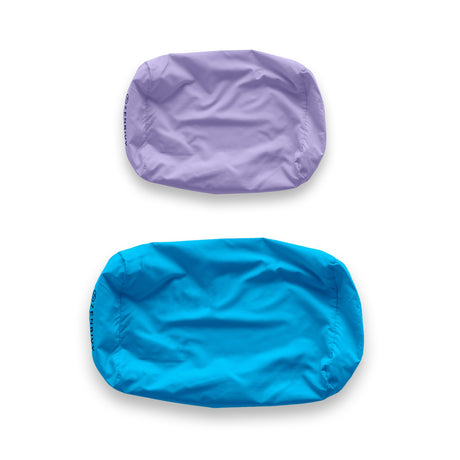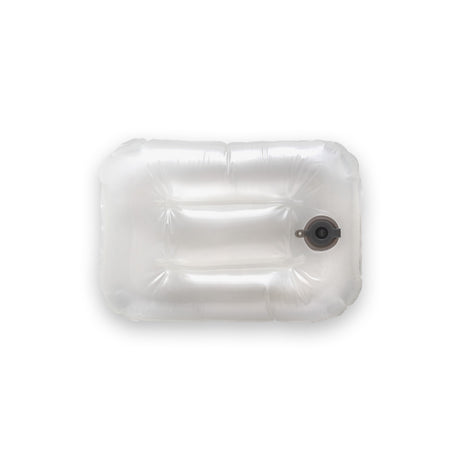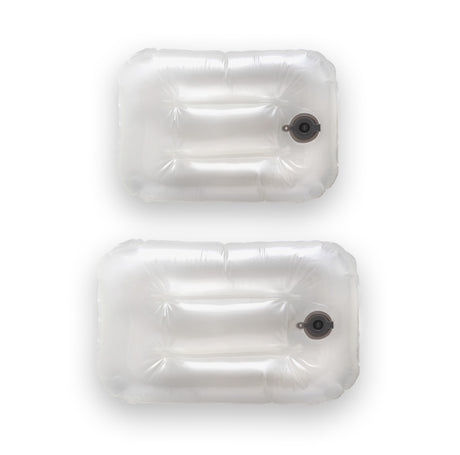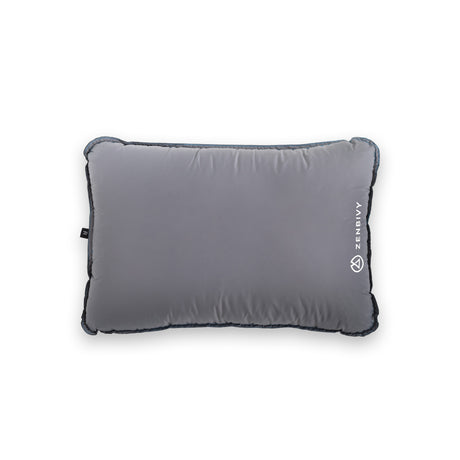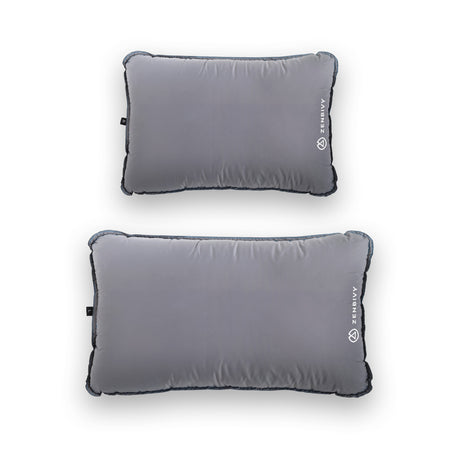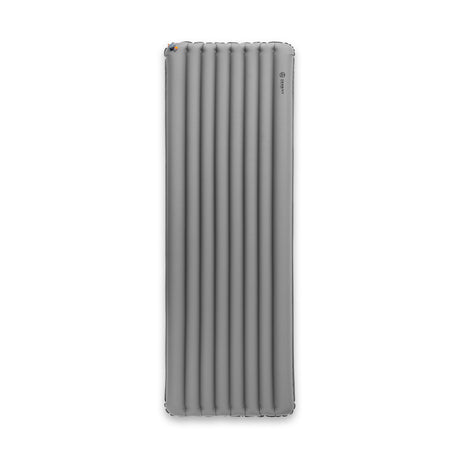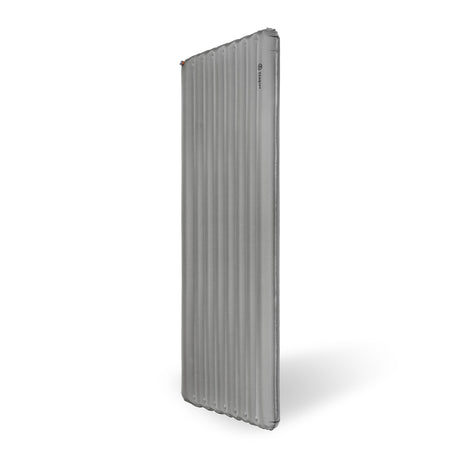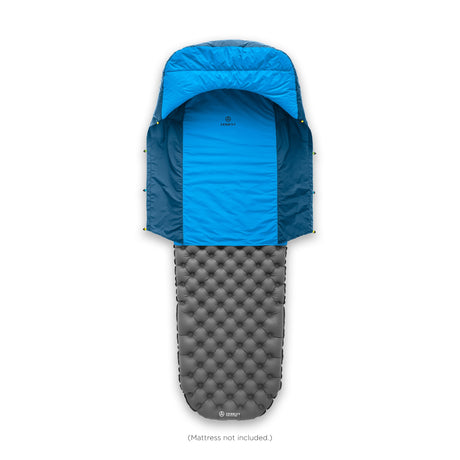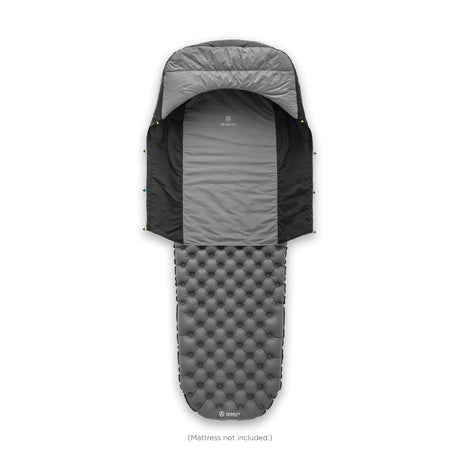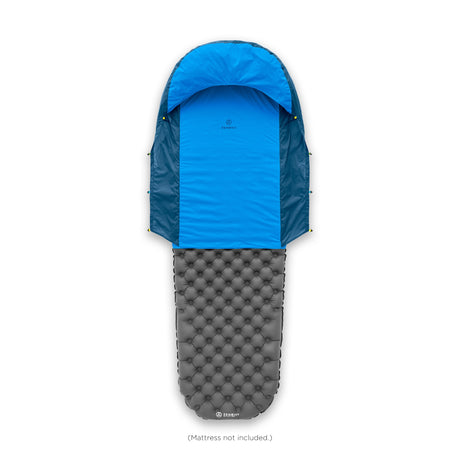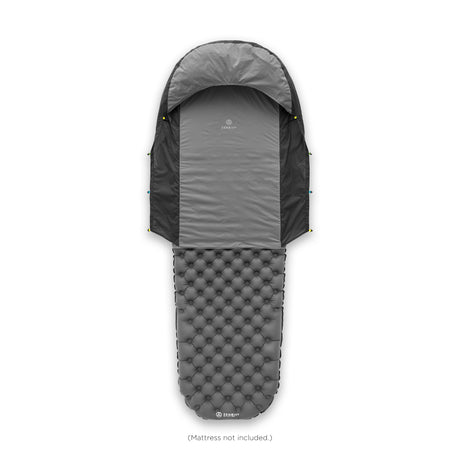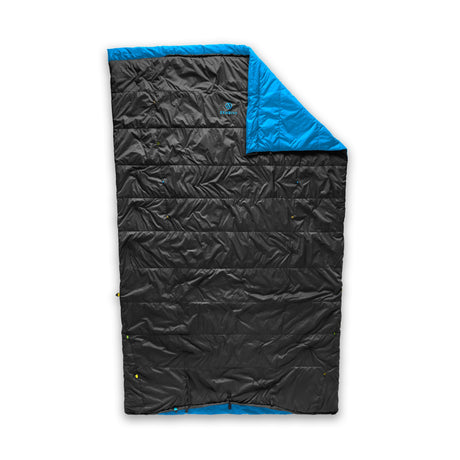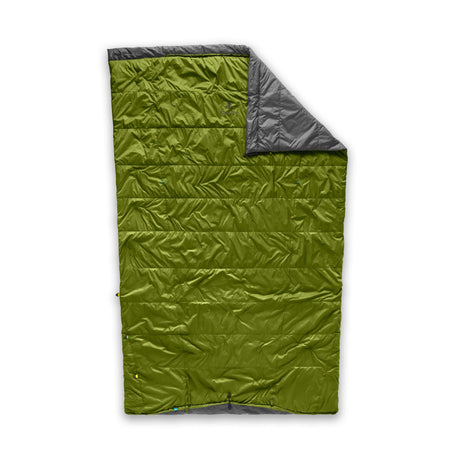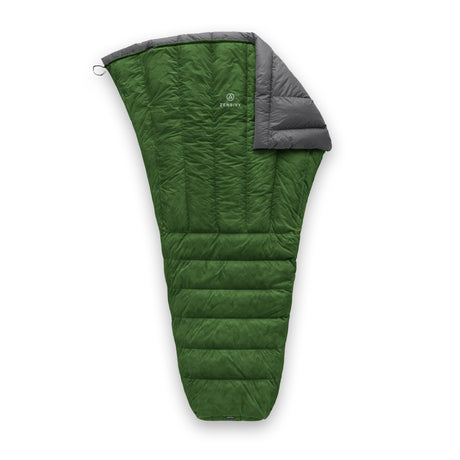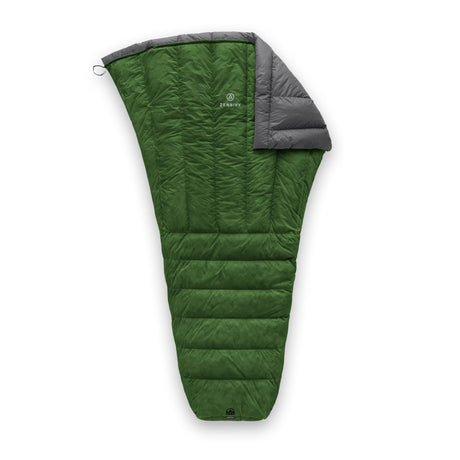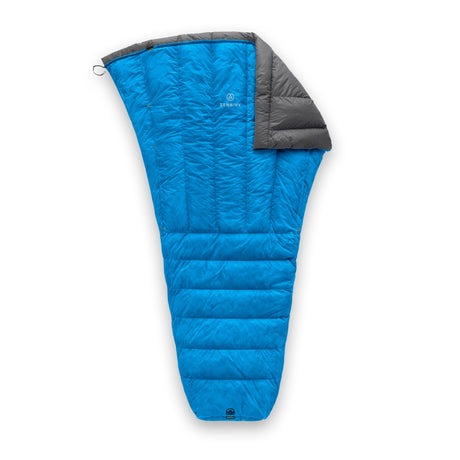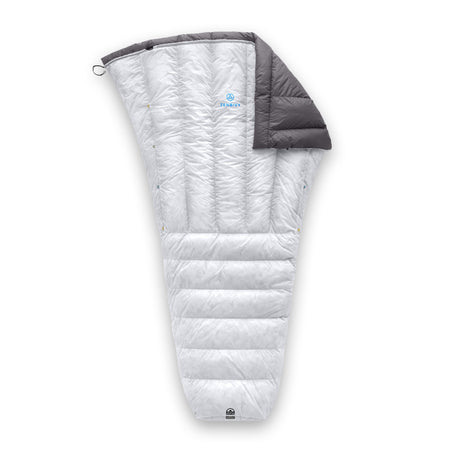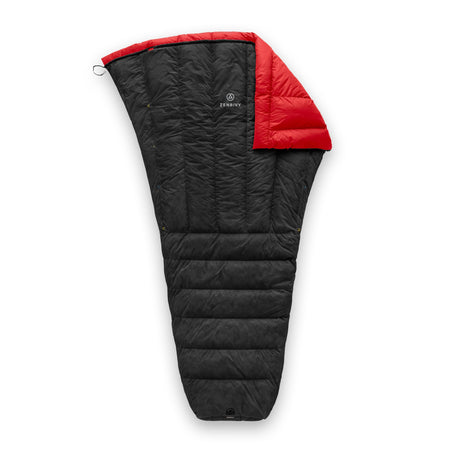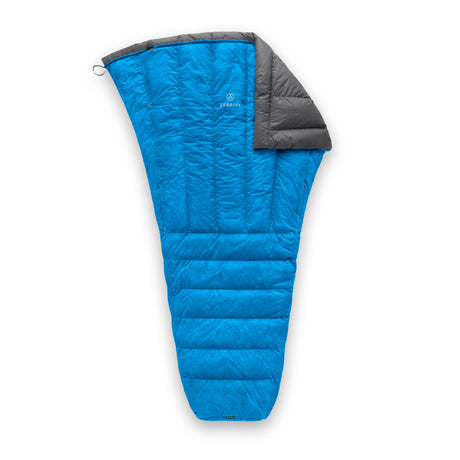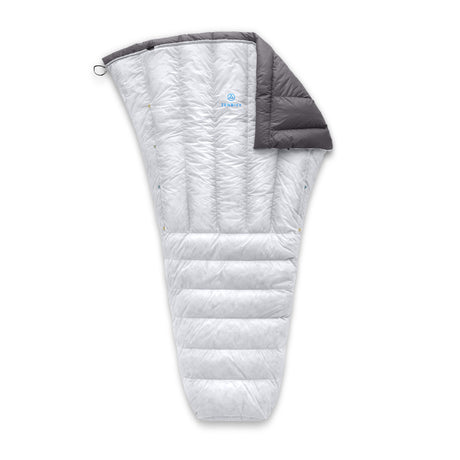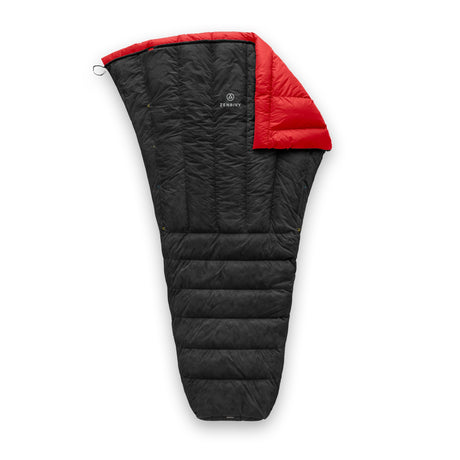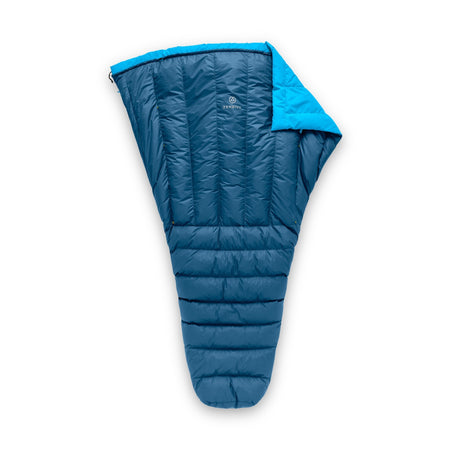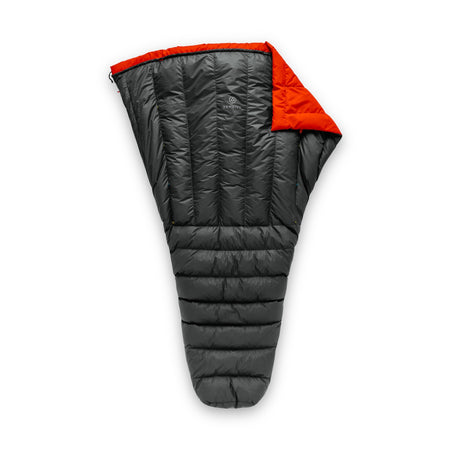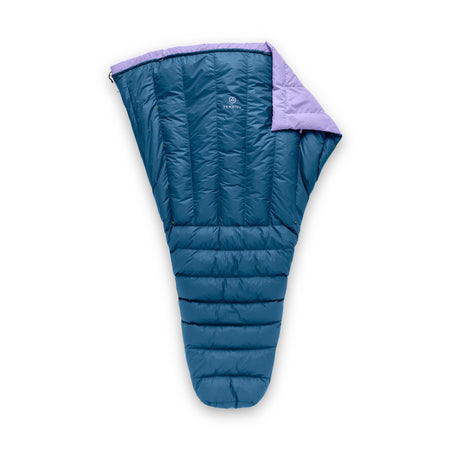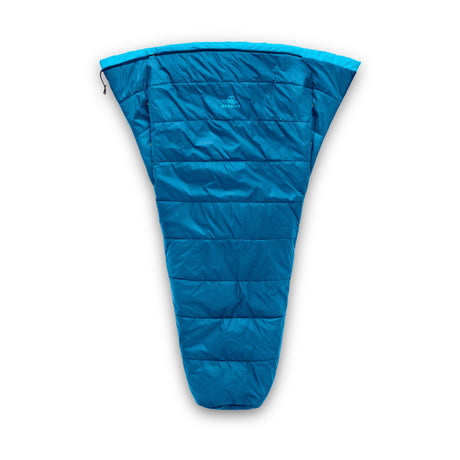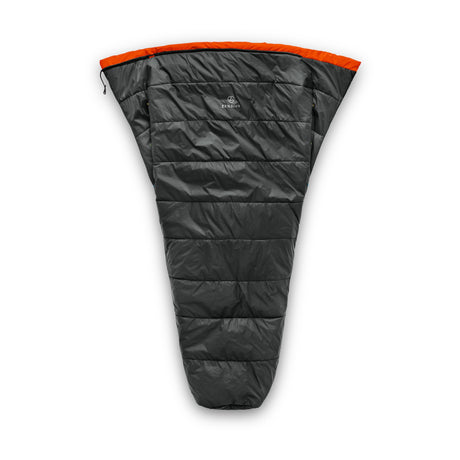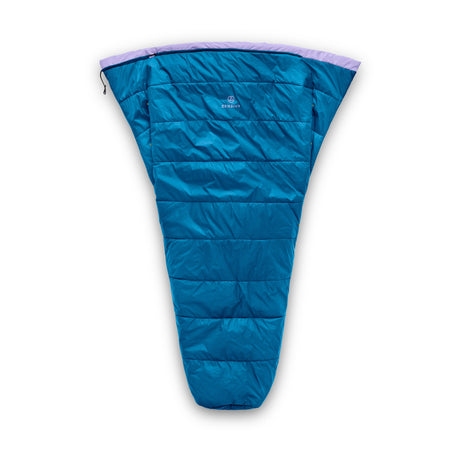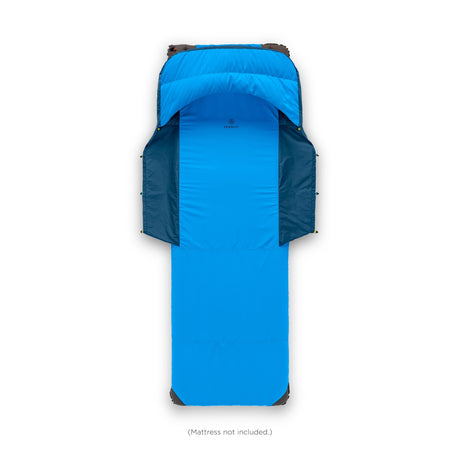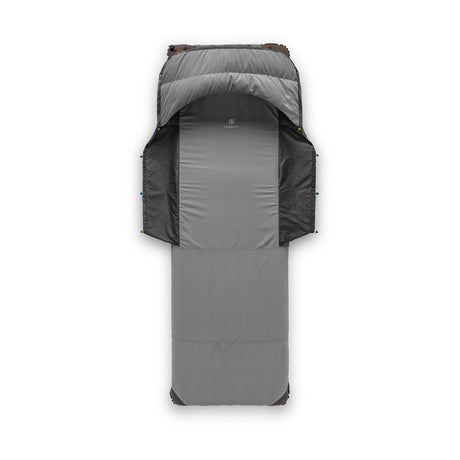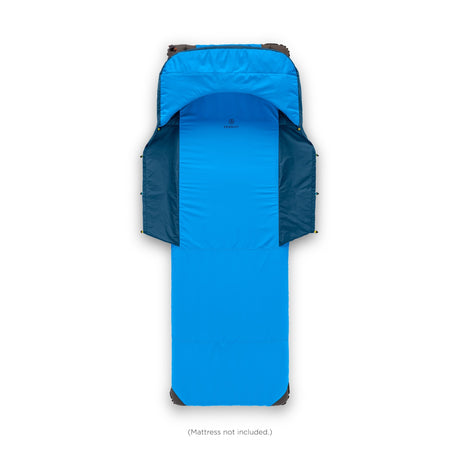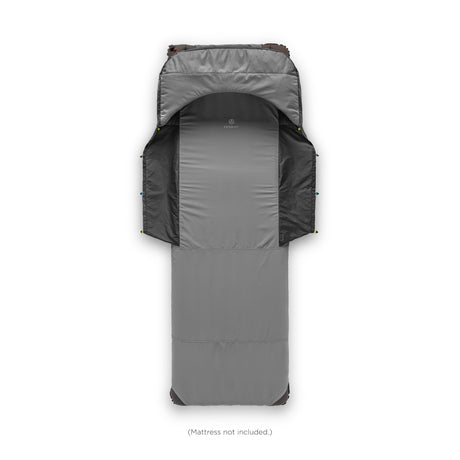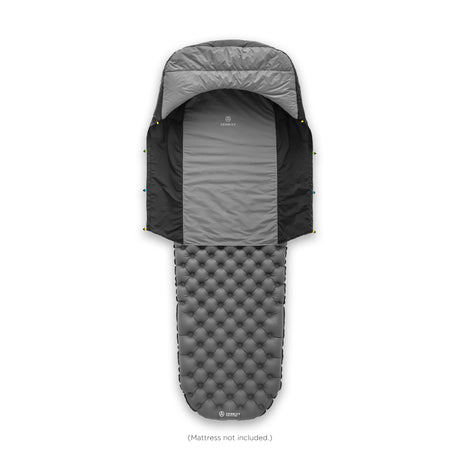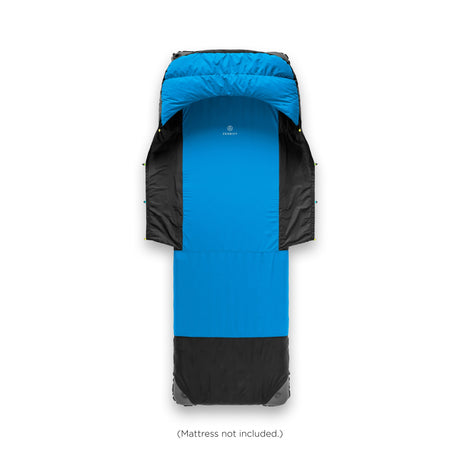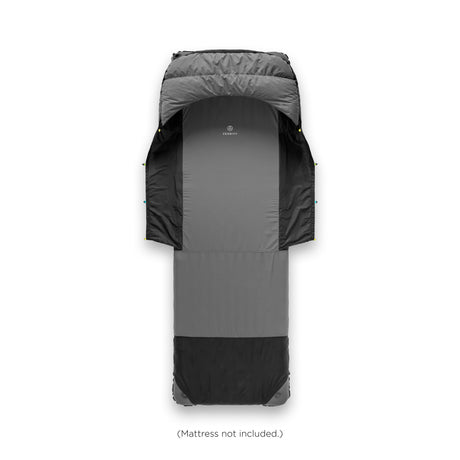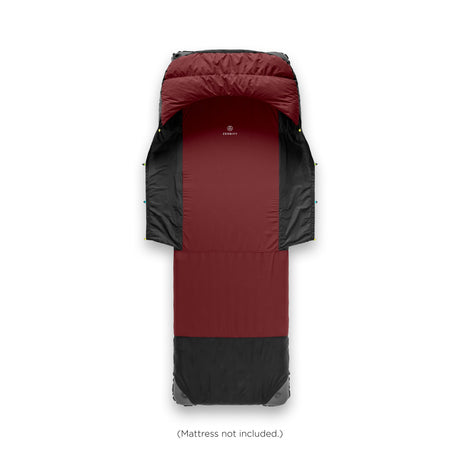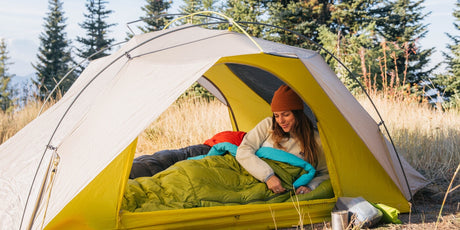From food wrappers to water bottles, take-out containers and utensils, single-use plastics are everywhere in our day to day lives.... Turns out: you can't even escape them out in the wilderness. While thru-hikers are typically living for months with a much smaller environmental footprint than the average American, we wanted to challenge our Ambassadors to see if they could try to eliminate all single-use plastics from their thru-hikes. We knew it wouldn't be easy (or really even possible) but we were curious to see how they'd do and to share what they learned.
We started off by asking them to identify all of the single use plastics they are currently using on their hikes. The common culprits? Water bottles, ziplock baggies, and food wrappers. Next, we asked them to find a potential replacement for each item. Something that would be multi-use and durable, built to last. We supplied their replacement items and they tested them out on trail for a month. Here's what Mantis found:
____________________
I identified multiple single-use plastic items to replace in my pack for this month’s challenge: my Smart water bottle, my ziplock bags that I use for clothing and food storage, and my tube of toothpaste. I switched out my Smart water bottle for a Nalgene, my food ziplocks for reusable zip bags from a brand called (re)Zip, my clothing storage ziplocks for a small Hyperlite zip pod, and my plastic toothpaste tube with charcoal toothpaste tablets that came in plastic-free packaging. Items that I did not replace included my floss (in a plastic dispenser) and my glasses case (a repurposed Crystal Lite container).
The main reason that I haven’t switched to these more sustainable options prior to this challenge is due to the weight savings you get from the “one-time use” plastic items. A good friend once shared the phrase, “ounces make pounds, and pounds make pain” in reference to pack weight. Pack weight is something I’ve tried to be very conscious of, especially since I underwent two knee surgeries in the past. The smallest weight “penalties” (aka, heavier gear) add up when you account for all the gear you carry, even the smallest items. And the more weight I carry, the slower I go, and the more stress on my joints.
Thru-hiker use of single-use items (e.g., Smart water bottles and ziplock bags) is an interesting paradox, because we live in nature and most of us have a strong care ethic for the environment. So, why use unsustainable products that we’d likely avoid in off-trail life? For example, it’s well-known that Smart water bottle plastic (and that of other single use bottles) contains harmful chemicals that leach into the liquid over continued use, especially with exposure to the sun. In our off trail lives, many thru hikers probably use reusable bottles. But, on trail, many ignore this fact and opt for SMART bottles or something similar because of their shape and fluid ounce capacity (tall and slender makes them easy to slip in and out of our pack side pocket) and the convenience and price to replace them when necessary. In my opinion, thru hikers use “single-use items” on trail because they are lightweight, inexpensive, and easily replaceable. Despite the fact that these products are typically single-use for many people who use them, thru hikers will wash and reuse these products until they fall apart. It’s always a funny sight to see multitudes of plastic ziplocks air drying.
I aim to be a conscious consumer, and I recognize that convenience is a huge factor in the products widely available in our society. It is frustrating that the onus of sustainability is placed on singular consumers, with less pressure or responsibility directed at corporations who mass produce and overuse plastics (after all, it’s cheaper and more convenient for them too!).
Everything worked well for me this month, with an exception for the charcoal toothpaste tablets. In an effort to have a more positive personal impact on the environment, I am going to continue using the products that I trialed for this July challenge!
- Mantis

